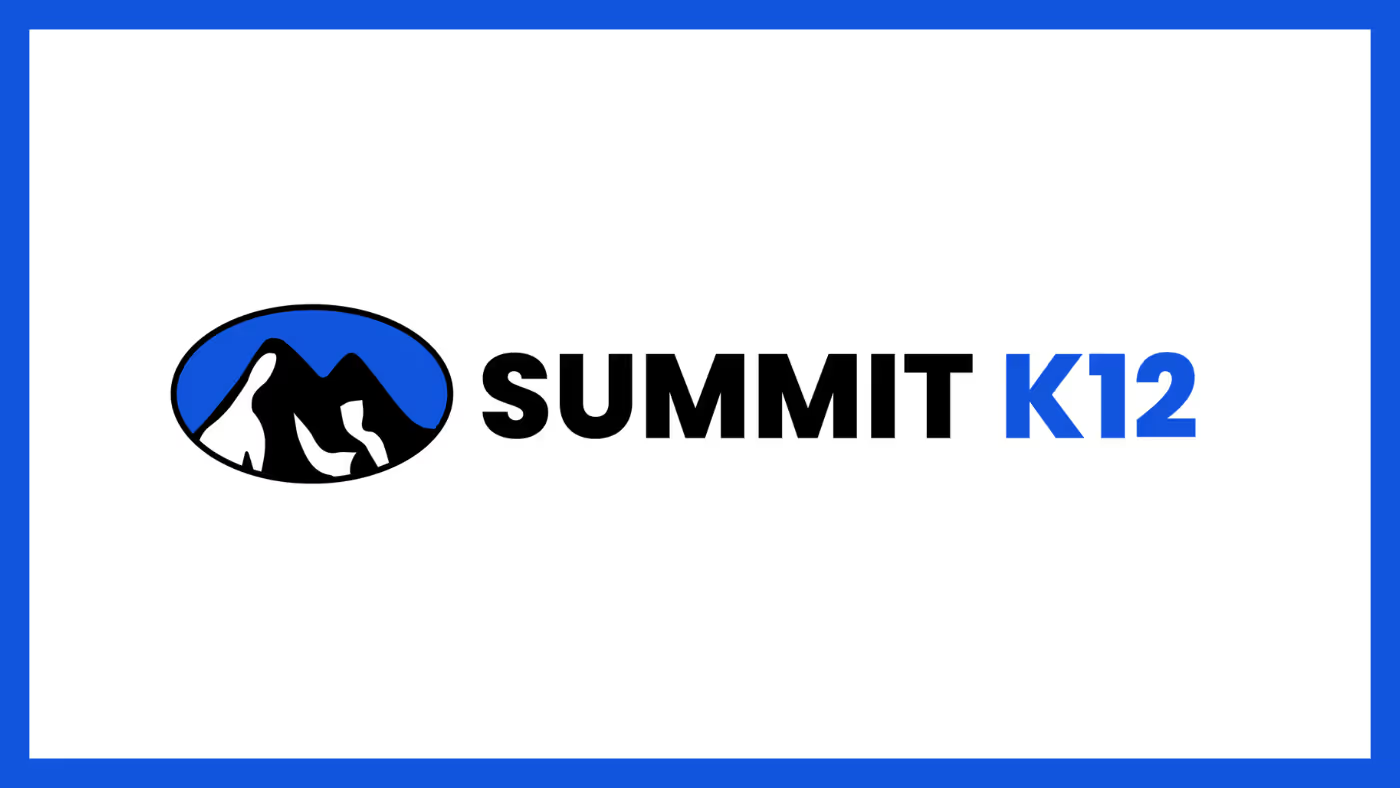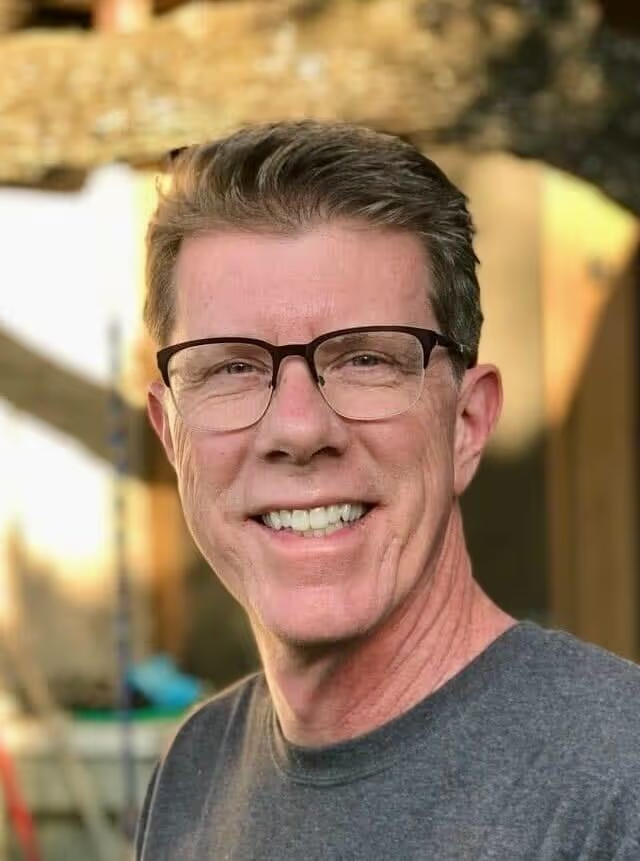From Teaching to Edtech | Working at Summit K12
Learn more from Summit K12 Team Member, Dan Mahoney, who went from teaching to edtech, and is now making an impact helping schools and districts every day.

Learn more from Summit K12 Team Member, Dan Mahoney, who went from teaching to edtech, and is now making an impact helping schools and districts every day.

Every career path is a journey, and being in the world of edtech is no exception. At Summit K12, we welcome career paths of all types, including teachers transitioning from the K-12 education space.
Naturally, going from teaching to edtech may seem daunting. Still, many impactful and versatile skills in teaching can easily translate to new career opportunities, including roles in customer service, curriculum development, instructional design, professional development, marketing, and many more.
Read on to learn more from Summit K12 Team member, Dan Mahoney, who went from teaching to edtech, and is now making an impact helping schools and districts every day.

I trace the start of my education career back to 2004, when my wife—a classroom teacher—and I opened a math tutoring center in our hometown of Cedar Park, TX.
While I wasn't yet in front of a traditional classroom, every decision we made revolved around one goal: helping students conquer math and feel confident doing it.
After six rewarding years and a lot of stress, I stepped away to work for our local school district, managing the textbooks for all campuses. For seven more years, I made sure every teacher and student had the instructional materials they needed.
As I watched print textbooks give way to digital resources, I realized I wanted to contribute to students directly, so I earned my alternative teacher certification and, in 2015, stepped into my own classroom as a 5th-grade teacher.
After years of working around education, I realized I wanted a more direct hand in shaping students' growth. Coaching youth ice hockey,
I loved guiding kids from "I'm not sure I can do this" to executing a great shot, or an effective skating technique—and watching the pride light up their faces when they realized they could do it.
I began to wonder if I could spark that same confidence every day, not just at the rink but in the classroom. Teaching offered the arena to pair my love of mentoring with academics. Leading my own classroom meant I could champion that breakthrough moment—when a student sees something they didn't think they could do and then does it.
I began in 2015 with a self-contained 5th-grade class, guiding students through every subject for that first year. After that, I shifted to middle school, teaching 8th-grade Science and 8th-grade Social Studies. Then, I was asked to teach 6th-grade Math—a role I embraced for seven years until I transitioned out of the classroom.
I was a teacher for 10 years!
As a 6th-grade math teacher, I really enjoyed helping students understand the importance of that level of math. I told every class (and all their parents) that 6th-grade math is the math they would use for the rest of their lives. I couldn't guarantee when they might use algebra or calculus, but I could give them a solid example of how 6th-grade math is used in everyday life.
This is going to sound corny now that I'm working for SummitK12, but some of my favorite memories from the classroom were trying to communicate with the students who could not speak English. I have slowly been trying to learn Spanish for many years, and I really enjoyed trying to talk with these students in Spanish.
After a decade in the classroom, I realized I'd reached a point where I needed to change something. I was proud of the progress my students made each year, but unhappy with the systemic constraints of teaching, time, resources, and ever-changing mandates. These often kept me from finding satisfaction in being a teacher.
I wanted a new way to help teachers and students, one where my experience could benefit more than just the students in my classroom. SummitK12 offered that opportunity.
Now I can pair my understanding of instruction with technology, giving thousands of educators the tools and support they need. The move reinvigorated my sense of purpose: I'm still in the business of helping kids learn, but now I'm doing it in partnership with teachers everywhere.
Remember first and foremost that you're highly valuable. Classrooms are places where you manage projects, analyze data, persuade tough audiences, and pivot on a dime—yet people outside education don't always recognize how transferable those skills are.
I was fortunate to have pre-teaching business experience to remind me of my own market value, but even if you've spent your entire career in schools, those competencies translate.
Approach every résumé, cover letter, and interview as a chance to re-label what you already do: lesson planning becomes instructional design, parent communication becomes stakeholder management, data meetings become analytics.
And be patient—it's a numbers game, so expect some discouraging moments. I think I applied to 200 jobs! Keep refining your story, keep applying, and give yourself the time and grace to land the right fit.
I’m a Customer Support Representative.
My time in the classroom gives me a rapport with educators because I know, first-hand, the juggling act they perform every day—managing curriculum goals, parent communication, and ever-shifting mandates, all while trying to keep 30 students engaged.
When I speak with teachers now, I can anticipate the questions behind their questions. That empathy shapes what I do. I can translate things into real classroom moments. My teaching background helps me step into a teacher's shoes, understand their needs, and deliver solutions that genuinely fit their world.
First, authentic empathy for teachers helps me anticipate their pain points and speak their language. Second, my earlier stint at a SaaS company means I already understand subscription models and the customer-success mindset, so people can see I bridge education and technology without a steep learning curve. Third, relationship-building has always been an important aspect in my career, whether winning trust from skeptical eighth-graders or partnering with campus leaders; that translates directly into nurturing long-term customer accounts. Together, those strengths signaled I could add value to SummitK12.
What gets me moving each day is knowing that teachers and administrators are counting on me to make their day run smoothly. When a campus hits a snag, whether it's a data concern or a technical hiccup, I'm one of the first calls they make. I love stepping in, untangling the issue, and handing back an answer that can get people back to their jobs.
Although I've left the classroom, I like that I can still make an impact on educators and students in my job. Being able to do that reminds me how rewarding it is to help students, even if it's not directly.
I like the opportunity to solve problems, build relationships with customers, and work with great people. There is a tremendous amount of knowledge at SummitK12 that is very inspiring. I love to contribute and be part of a great team.
I thought the transition from working in a school district for so long to a completely different atmosphere would be difficult, but it has been surprisingly smooth and natural. This is the first job I've had that has remote work days, and I wasn't quite sure how that was going to be, but it is a very valuable aspect of the job.
Esteemed - because SummitK12 represents quality, integrity, and is well respected.
I enjoy the respect I have received from everyone, from my initial interview to today. Also, I like the hybrid schedule that combines the benefits of working from home while still allowing me to bond with co-workers on the days I'm in the office. That was a very appealing aspect of the job that I've embraced and value very much. I'm very happy to be a part of SummitK12 and hope that I can contribute to its continued success!
Our mission is to empower every learner to reach their personal summit. With an evolving industry, you never know what new opportunities are on the horizon. We hope wherever your journey takes you, you’re able to use your skills and impact those in your community.
For more on how you can join the team, check out the Summit K12 Careers page